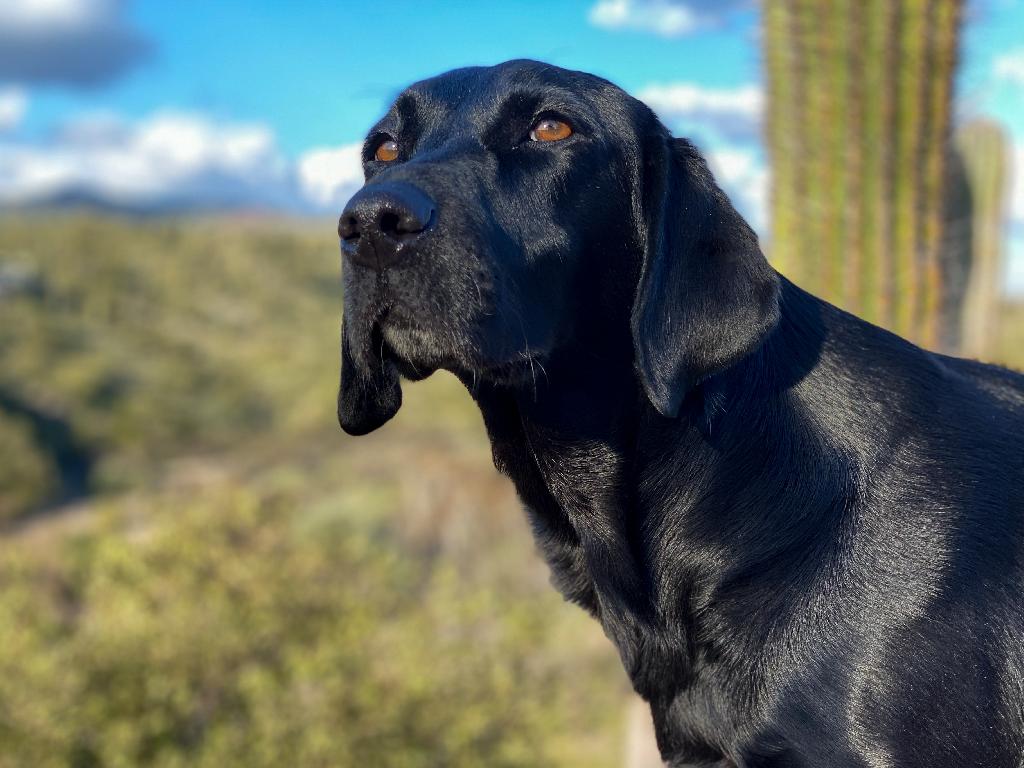British Labrador Retriever

Description
The British Labrador Retriever is a variant of the popular Labrador Retriever, bred primarily in the United Kingdom for fieldwork and hunting. Known for its calm temperament, intelligence, and trainability, the British Labrador excels as both a working dog and a family companion.
Physically, British Labradors are slightly smaller and more compact than their American counterparts, with a stockier build and a shorter, denser coat that provides excellent protection in harsh weather. They come in the traditional Labrador colors: black, yellow, and chocolate.
The breed is renowned for its gentle and eager-to-please nature, making it highly trainable and suited for tasks such as retrieving, tracking, and obedience work. British Labradors are particularly valued for their focused and steady demeanor, which is ideal for hunting and field trials. They are also known for being great with children and other pets, making them excellent family dogs.
British Labradors require regular exercise and mental stimulation to thrive, as they are energetic and love engaging in outdoor activities. Training is straightforward due to their intelligence and willingness to learn, especially when positive reinforcement techniques are used.
Overall, the British Labrador Retriever is a versatile, hardworking, and affectionate breed that excels in a variety of roles, from hunting and service work to being a loyal and loving family pet. It is an ideal choice for active individuals or families seeking a dependable and trainable companion.
History
The history of the Labrador Retriever traces its roots to Newfoundland, Canada, in the early 19th century. Fishermen in the coastal town of St. John’s developed a robust water dog—known then as the St. John’s Water Dog or Lesser Newfoundland—to help haul fishing nets and retrieve lost catch. These early Labradors were prized for their strong swimming ability, weather-resistant coats, and gentle mouths. English nobles visiting Newfoundland took notice of these capable canines and brought some of them back to Britain in the mid-1800s. Once in England, selective breeding refined the dogs into a more standardized form, emphasizing traits like a steady temperament, exceptional retrieving instincts, and a characteristic otter tail.
Over time, the Labrador Retriever gained recognition as an outstanding gun dog in British sporting circles. Wealthy estate owners and gamekeepers appreciated the breed’s reliability in the field, particularly when retrieving upland game birds and waterfowl. The Labrador’s trainability and eagerness to please made it a favorite among hunters, and breeding programs flourished in England throughout the late 19th and early 20th centuries. By 1903, the Kennel Club (UK) had officially recognized the breed. As the Labrador’s popularity grew, two loosely defined types began to emerge: a heavier-boned, stockier build developed for conformation shows (often referred to as the “British” or “English” type) and a lighter-framed, highly athletic version more common in North America’s hunting and field trial circuits (the “American” type).
The British Labrador, then, refers to bloodlines that have been cultivated in the UK for their calm demeanor, balanced conformation, and dual-purpose role as both a beloved family companion and a capable worker in the field. Though the breed split is not formally recognized as separate by major kennel clubs, these stylistic differences reflect slightly different breeding priorities over many generations. “British Labs” are renowned for their controlled energy and adaptability, whether performing in the shooting field or relaxing at home. Despite such nuances, all Labradors share common heritage and hallmark characteristics: intelligence, a desire to please, and that famously wagging tail—testaments to the breed’s origin on the fishing banks of Newfoundland and its refinement in the British countryside.
Colors
• Black
• Chocolate
• Yellow


